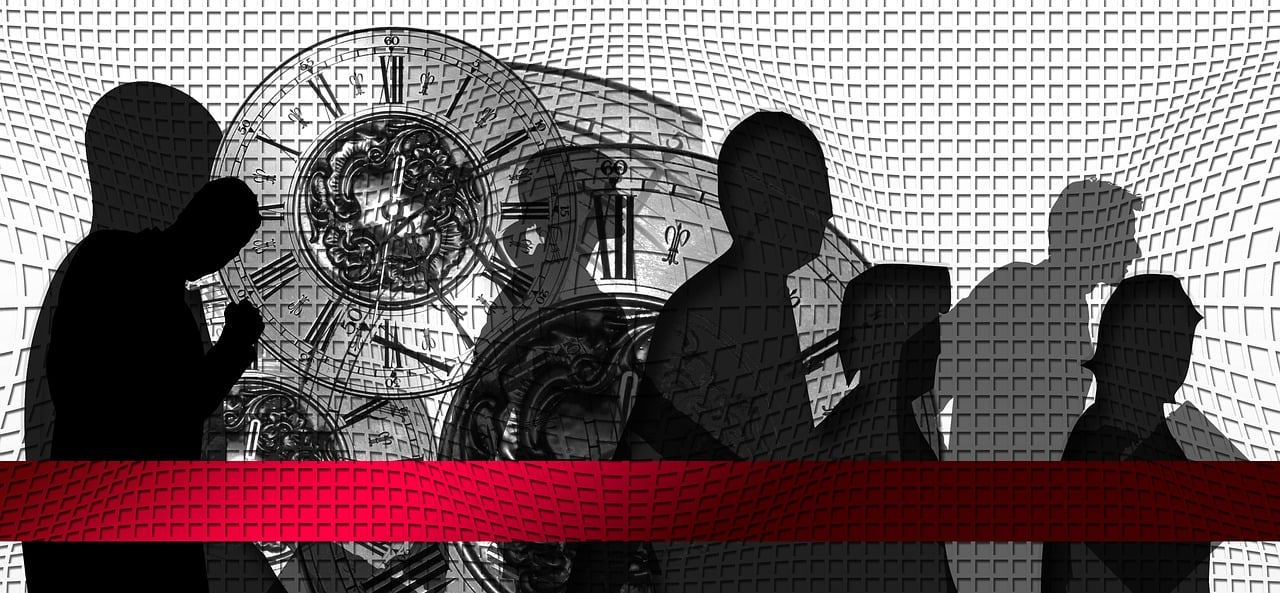区块链设计是什么
Title: Designing a Private Blockchain Project: Key Considerations and Guidelines
Introduction to Private Blockchain Projects:
Private blockchains are tailored to meet the specific needs of organizations or consortia. Unlike public blockchains, where anyone can participate and access the ledger, private blockchains restrict access to a predefined group of participants. Designing a successful private blockchain project involves careful planning and consideration of various technical and organizational factors.
Key Components of Private Blockchain Project Design:
1.
Purpose and Use Case Definition:
Define the specific purpose of the private blockchain project. Whether it's supply chain management, identity verification, or asset tokenization, clarity on the use case is essential.
Identify the stakeholders involved and their respective roles within the blockchain network.
2.
Consensus Mechanism Selection:
Choose an appropriate consensus mechanism based on the requirements of the project. Options include Proof of Authority (PoA), Practical Byzantine Fault Tolerance (PBFT), or other consensus algorithms.
Consider factors such as scalability, security, and transaction throughput when selecting the consensus mechanism.
3.
Network Architecture:
Determine the network architecture, including the number of nodes and their distribution.
Decide whether the network will be permissioned or permissionless, and establish the criteria for node participation.
Consider the scalability requirements and plan for future growth accordingly.
4.
Data Privacy and Security:
Implement robust encryption techniques to ensure data privacy within the private blockchain network.
Define access control policies to regulate user permissions and restrict unauthorized access to sensitive information.
Incorporate mechanisms for identity management and authentication to maintain the integrity of the network.
5.
Smart Contract Development:
Develop smart contracts tailored to the specific requirements of the private blockchain project.
Ensure that smart contracts are secure, auditable, and efficient in executing predefined business logic.

Test smart contracts rigorously to identify and address any vulnerabilities or bugs before deployment.
6.
Integration with Existing Systems:
Assess the integration requirements with existing IT infrastructure and legacy systems.
Implement standardized protocols and APIs for seamless interaction between the private blockchain network and external applications.
Consider interoperability with other blockchain networks or platforms if required.
7.
Governance Framework:
Establish a governance framework to manage decisionmaking processes within the private blockchain network.
Define procedures for protocol upgrades, consensus changes, and dispute resolution among network participants.
Ensure transparency and accountability in governance mechanisms to foster trust and cooperation among stakeholders.
Best Practices and Recommendations:
Conduct thorough research and feasibility studies before initiating a private blockchain project.
Collaborate with relevant stakeholders, including legal experts, regulators, and industry partners, to ensure compliance and alignment with industry standards.
Prioritize scalability, performance, and security considerations throughout the design and implementation phases.
Regularly monitor and evaluate the performance of the private blockchain network, and iterate on improvements based on feedback and emerging technologies.
Invest in education and training programs to empower stakeholders with the necessary skills and knowledge to utilize the private blockchain effectively.
Conclusion:
Designing a private blockchain project requires a comprehensive understanding of the underlying technology, coupled with careful planning and execution. By following the key considerations and guidelines outlined above, organizations can develop robust and secure private blockchain solutions tailored to their specific needs and use cases. With proper governance, collaboration, and innovation, private blockchains have the potential to drive efficiency, transparency, and trust in various industries and sectors.











